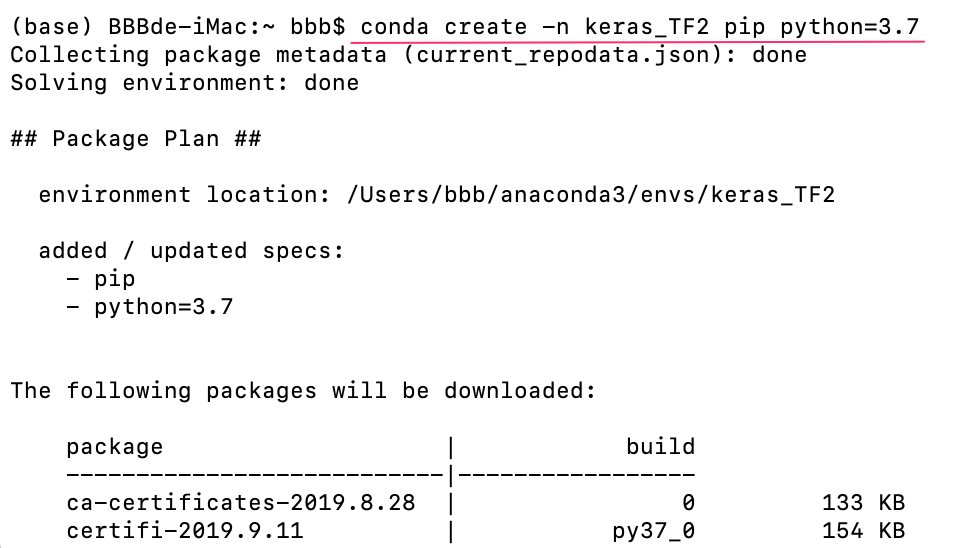- 1LibriVox
- 2Listen
- 2.2Finding Audiobooks
- 3Volunteer
- 3.1Where to Start
- 3.3Reader (Narrator)
About
LibriVox is a hope, an experiment, and a question: can the net harness a bunch of volunteers to help bring books in the public domain to life through podcasting?
In this section you will download and install Miniconda, which will serve as the Python platform to access the Earth Engine API. As described above, you may use Miniconda or Anaconda, but to minimize impact to your system, this guide will describe a Miniconda installation with no alteration to your system's environmental variables. We would like to show you a description here but the site won’t allow us. Tensorflow:支持 CPU 和 GPU 的最新稳定版(适用于 Ubuntu 和 Windows) tf-nightly:预览 build(不稳定)。Ubuntu 和 Windows 均包含 GPU 支持。 旧版 TensorFlow. 对于 TensorFlow 1.x,CPU 和 GPU 软件包是分开的: tensorflow1.15:仅支持 CPU 的版本.
LibriVox volunteers record chapters of books in the public domain, and then we release the audio files back onto the net. We are a totally volunteer, open source, free content, public domain project.

Policies
Copyright
Listening to the files

See also: How To Get LibriVox Audio Files
Finding Audiobooks
Recommendations
Searching
Lists & Indexes
Install Tensorflow 2.0 Conda
Other resources for listeners
- (In another language: Français: Comment devenir benevole)

LibriVox volunteers narrate, proof listen, and upload chapters of books and other textual works in the public domain. These projects are then made available on the Internet for everyone to enjoy, for free.
There are many, many things you can do to help, so please feel free to jump into the Forum and ask what you can do to help!
See also: How LibriVox Works
Where to Start
Most of what you need to know about LibriVox can be found on the LibriVox Forum and the FAQ. LibriVox volunteers are helpful and friendly, and if you post a question anywhere on the forum you are likely to get an answer from someone, somewhere within an hour or so. So don't be shy! Many of our volunteers have never recorded anything before LibriVox.
Types of Projects
We have three main types of projects:
- Collaborative projects: Many volunteers contribute by reading individual chapters of a longer text.
- We recommend contributing to collaborative projects before venturing out to solo projects.
- Dramatic Readings and Plays: contributors voice the individual characters. When complete, the editor compiles them into a single recording
- Solo projects: One experienced volunteer contributes all chapters of the project.
Proof Listener (PL)
Not all volunteers read for LibriVox. If you would prefer not to lend your voice to LibriVox, you could lend us your ears. Proof listeners catch mistakes we may have missed during the initial recording and editing process.
Reader (Narrator)
Readers record themselves reading a section of a book, edit the recording, and upload it to the LibriVox Management Tool.
For an outline of the Librivox audiobook production process, please see The LibriVox recording process.
One Minute Test
We require new readers to submit a sample recording so that we can make sure that your set up works and that you understand how to export files meeting our technical standards. We do not want you to waste previous hours reading whole chapters only to discover that your recording is unusable due to a preventable technical glitch.
- (In another language: Deutsch, Español, Francais, Italiano, Portugues)
Install Tensorflow 2.0 On Mac
Record
- (In another language: Deutsch, Español, Francais, Nederlands, Português, Tagalog, 中文)
Recording Resources: Non-Technical
- LibriVox disclaimer in many languages
Recording Resources: Technical
Dramatic Readings and Plays
Book Coordinator (BC)
A book coordinator (commonly abbreviated BC in the forum) is a volunteer who manages all the other volunteers who will record chapters for a LibriVox recording.
Metadata Coordinator (MC)
Metadata coordinators (MCs), help and advise Book Coordinators, and take over the files with the completed recordings (soloists are also Book Coordinators in this sense, as they prepare their own files for the Meta coordinators). The files are then prepared and uploaded to the LibriVox catalogue, in a lengthy and cumbersome process.
More info:
Graphic Artist
Install Tensorflow 2.0 Anaconda
Volunteer graphic artists create the album cover art images shown in the catalog.
Resources and Miscellaneous
Resources
How to Edit the Librivox Wiki
NOTE: Anyone may read this Wiki, but if you wish to edit the pages, please log in, as this Wiki has been locked to avoid spam. Apologies for the inconvenience.
- If you need to edit the Wiki, please request a user account, with a private mail (PM) to one of the admins: dlolso21, triciag, or knotyouraveragejo.
- You will be given a username (same as your forum name) and a temporary password. Please include your email address in your PM.
